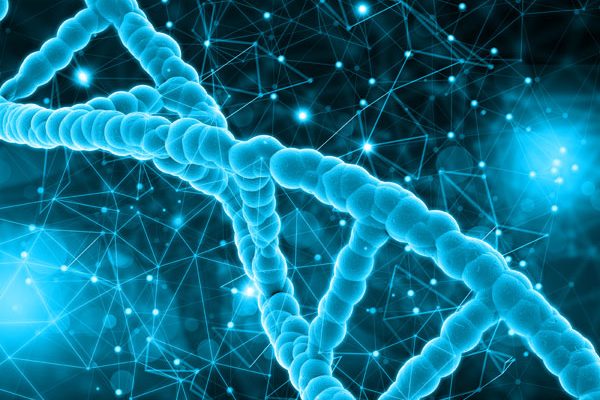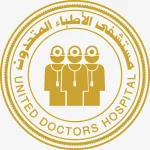
DOES ETHNICITY AFFECT GENERATING NEW GENETIC MUTATIONS FOR BREAST CANCER?
Genetic mutations in the Arabian Gulf
In a recent study on (susceptibility )genetic mutations such as (BRCA1/2) and (non BRCA1/2), the research has found out that Gulf Cooperation Council (GCC) except Oman are not suffering from the first type of mutations, while there is no studies or researches relate to the topic have been made on UAE.
On the other hand, the second type has more than thirty evolution and changes related to Breast Cancer in the Gulf region.
Another finding in the research has shown that the Gulf region has advanced rates of Breast Cancer at younger ages compared to Western countries. Such a thing has motivated Saudi Arabia to launch the Genome project to identify new biomarkers for Breast Cancer in the Gulf region. This project aims at creating new treatment in order to improve and increase the chances of recovery. However, there is a need for a wide-ranging genetic epidemiological survey and create methods to increase the accuracy of the findings related to genetics’ variables of the pre-mentioned types of genetic mutations in the Gulf region.
Study’s Recommendations
Specialized centers for providing genetic counseling should be set up in the Gulf region to raise the awareness of genetic mutations and its relatedness to breast cancer in order to avoid it for those who are able to develop it before occurring and to reduce the chances of transmission across generations.
What is meant by the Genome Project?
The Genome project is a genetic indexing project to list the genetic changes that occur collectively for specific ethnicities around the world. This indexing project is more advanced in Western countries than in the Arab countries due to the lacking from the needed information for this project.
The Genome project, launched by Saudi Arabia, is one of the biggest challenges that Saudi Arabia and other Gulf countries have decided to involve in to tackle the shortage of information in the arena. This project uses “Next Generation Sequence” technology which works at providing data in order to know the changes that may occur to future generations.
Genomic is not recent, but it is an extension of many mutations generated by the current population, in which species change, some qualities that were able to survive to prevail despite the challenges faced, and new ethnic patterns appear. All of these occur in accordance with these genetic mutations.
What is the purpose of the Genome Project?
• This project aims at studying whether genetic changes in Saudi Arabia in particular, and in the Gulf region in general, correspond to other ethnicities?
• This project aims at knowing what diseases will be spread due to these genetic changes?
• More importantly, do these mutations affect the growth of certain diseases as they do in breast cancer? And How can we treat and make future medicines based on these mutations?
Broadly speaking, shared genetic effects 20% of the Earth’s population, in which it burden the countries economically. According to genetic databases, there are 3,500 kinds of (genes) still have an unknown impact on the future level. This project aims at developing rational treatment plans that guarantee the future, reduce disease, and thus reduce the financial burden on countries including Saudi Arabia.
What do encourage Saudi Arabia and other countries to the genome programs?
Before 2007, the genome programs were very expensive. After that till today, the cost has fallen. Before, four years needed for a1 GB of information while the first human genome series needed ten years at the cost of $ 3 billion. Now, we can create a series of a human genome in a few hours and with a few thousand dollars by using modern technologies that have enhanced the ability to gather and generate information.
Conclusion
Humans can be categorized according to certain geometrical and anatomical characteristics. Genetics passed through generation are responsible for the dominance of certain characteristics and the disappearance of others.
It is not only a positive side, as it has some negatives. As explained before, the inherited genes began to show its impact particularly in the field of breast cancer in the Arab world and the Gulf region. Nobody knows what future diseases these genetic changes and mutations may have.
Sixty percent of Saudi marriages are relatives’ marriages. Such thing has made genetic diseases appear early and affecting negatively in 8 percent of newborns.
Resources:
Genome, of the Saudi National project, http://shgp.kacst.edu.sa/site/
Arabian Gulf and the impact of relatives marriage on the development of breast cancer genes, 2018, Gene, https://www.ncbi.nlm.nih.gov/pubmed/29777908
1000 Arab Gene Project for the Study of Emirati Population, 2018, Maryam Al Ali et al., https://www.nature.com/articles/s10038-017-0402-y




